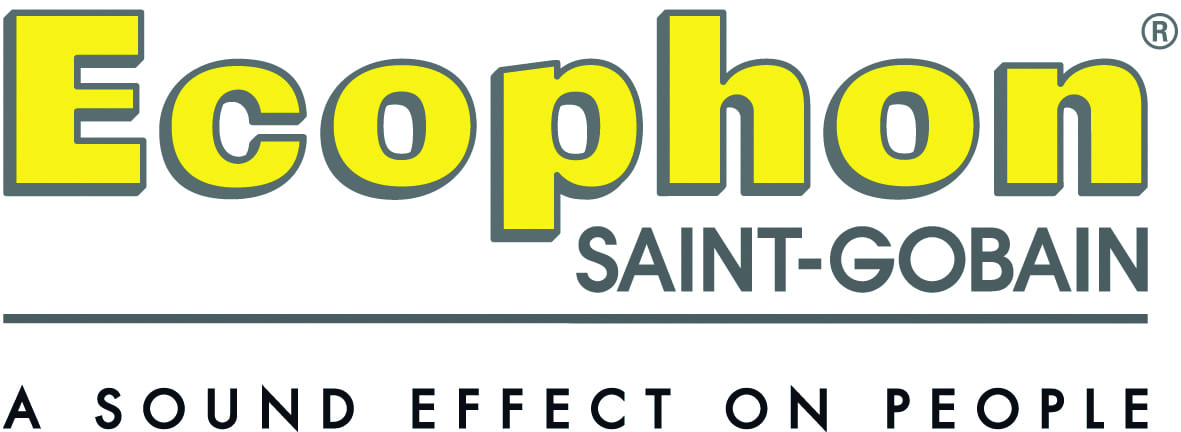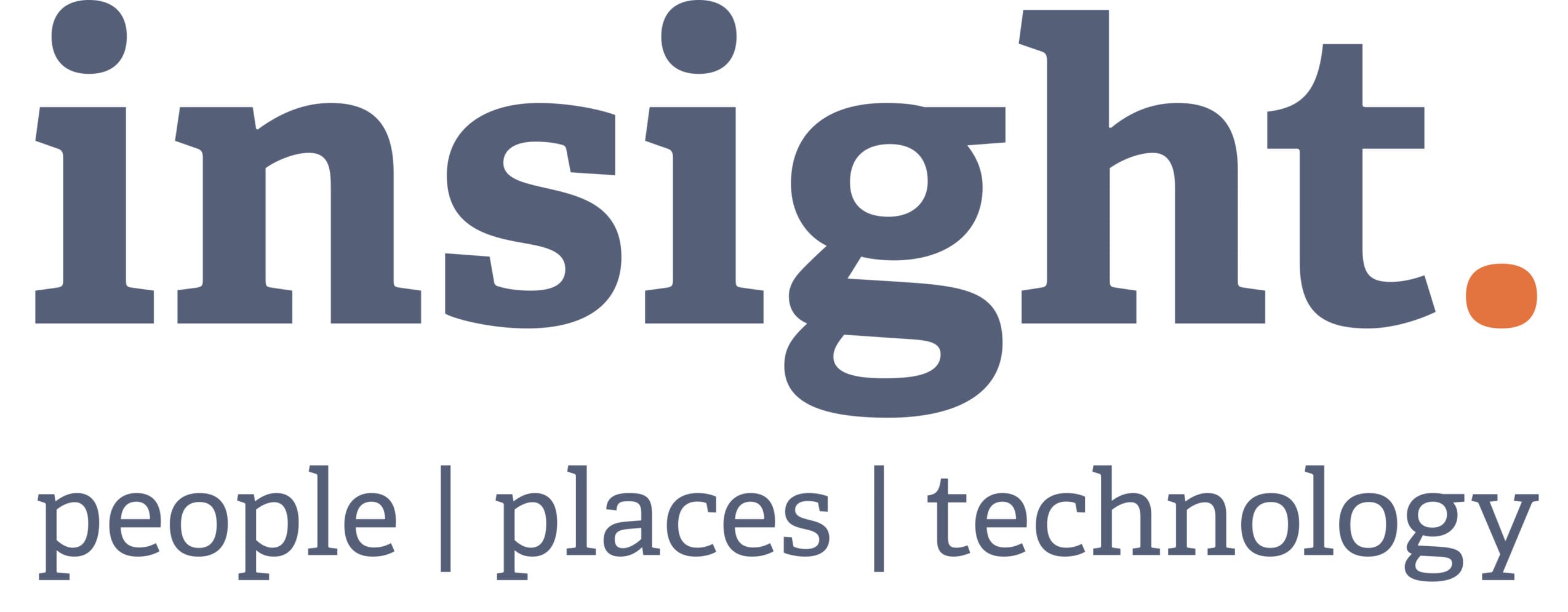Workplace Trends Research Summit 2020 Presentation Recordings
Virtual Conference

Recordings
To view recordings and presentation PDFs from this event click and expand the relevant session below. Please note this page is private and intended for event attendees only, so please bookmark the page for easy reference later!
About the event:
Over 175 workplace consultants, occupiers, designers and suppliers gathered online for this fantastic virtual event, packed-full of information and visual networking opportunities.
Presentations submitted as part of a call for abstracts, and were selected by a blind peer review by our moderators, Nicola Gillen (Cushman and Wakefield) and Nigel Oseland (Workplace Unlimited).
The resulting programme formed a fascinating, informative and virtual-sociable day.
Presentations
-
Welcome and Introduction, Nicola Gillen, Cushman & Wakefield
- Nicola Gillen, Cushman & Wakefield
-
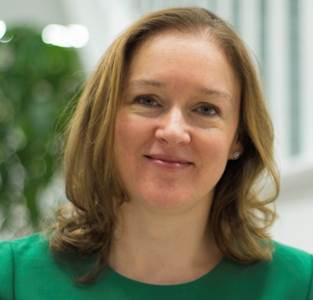
Nicola Gillen
Cushman & WakefieldNicola specialises in the relationship between design, behaviour and the built environment. An architect and author, Nicola is widely recognised as a leading industry authority on advancing workplace strategies, design and change management. Based in London, Nicola draws on 25 years experience delivering workplace strategy and innovation across EMEA, US & APAC. She is lead author of RIBA book Future Office External Link, published in 2019.
-
A future workplace informed by millennial & post-millennial insights
- Fiona Duggan, FiD
While there is much research investigating issues and trends affecting the current workplace and predicting its future shape, little work to date has been done in trying to understand more clearly the expectations of young people entering the workplace for the first time. In a bid to make their voices heard in the property industry, we’ve been:
- Exploring directly with millennials (born 1981-1996, 22-37 years old) who’ve entered the workplace within the last 2 years, what their experience has been across a number of different sectors.
- Working directly with post-millennials (born 1997-2012, 9-21 years old), also known as generation Z, who are currently progressing through a range of learning environments, what their expectations are for environments that support their learning, working and living.
In sharing the insights gained, our hope is to give voice to the aspirations of millennials and post-millennials as they make the transition from the world of education to work and to draw attention to the transformational learning environments informing their expectations.
View Presentation PDF
-
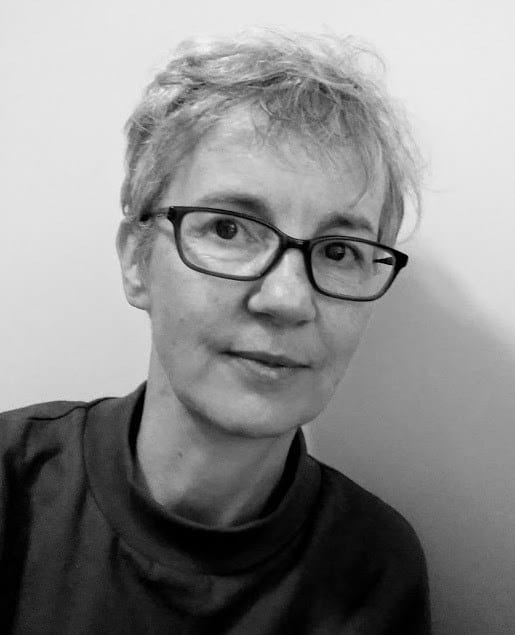
Fiona Duggan
FiDFiona Duggan is founding director of FiD, a London-based consultancy set up in 2006. Using a combined background in architecture and organisational psychology, Fiona works at the place where users and buildings meet, seeking ways in which the design and use of space can support academic and/or organisational change. Over the past 33 years she has worked in teaching, research and consultancy roles across more than 200 organisations and institutions. She presents and writes about the relationship between users and space.
-
Facility & Workplace Experience - what are the needs, drivers and values of end-users in the office environment
- Iris de Been, TwynstraGudde
- Bote Scholtens, TwynstraGudde
TwynstraGudde has developed a new method to research the facility and workplace experience amongst more than 250 respondents in the Netherlands. Whereas most research so far is focused on data, this research focuses on the needs, drivers and values of end-users in the office environment. The results give insight into what people intrinsically want and allows Real Estate and Workplace Services organisations to proactively develop their working environment according to those needs.
View Presentation PDF
-
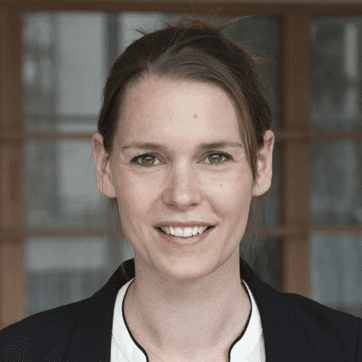
Iris de Been
TwynstraGuddeIris de Been is a consultant at TwynstraGudde with a background in cognitive and environmental psychology. In her work, she strives to creating a perfect match between the (office) environment and the users.
-
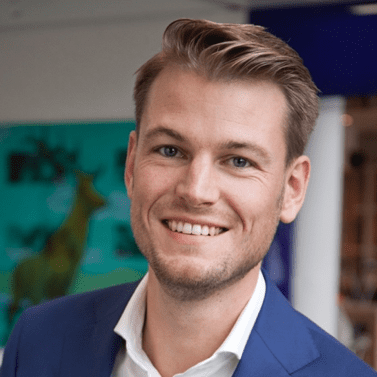
Bote Scholtens
TwynstraGuddeBote Scholtens is a consultant at TwynstraGudde specialising in Facility Management. In his assignments, the end-user always forms the starting point. He is curious on how to give the end-user a stronger voice in the Facility & Workplace sector and therefore initiated the F&W Experience research to gather more knowledge about this topic.
-
How to Catalyse Your Workplace for Growth
- Oliver Baxter, Herman Miller
As part of our ongoing investigation into the connections between people, work, and the workplace, we conducted an experiment with 13 organisations around the world. To do this, we partnered with Leesman, a leading independent global benchmarking service.
Our partnership allowed us to measure and validate our Living Office research by comparing it to Leesman’s data from over 340,000 people working in 2,649 offices in 69 countries — the largest collection of workplace effectiveness data in the world.
This vast pool of research shows that when it comes to creating workplaces that are primed for organisational growth, only unique, personalised, research-based environments will do.
View Presentation PDF
-
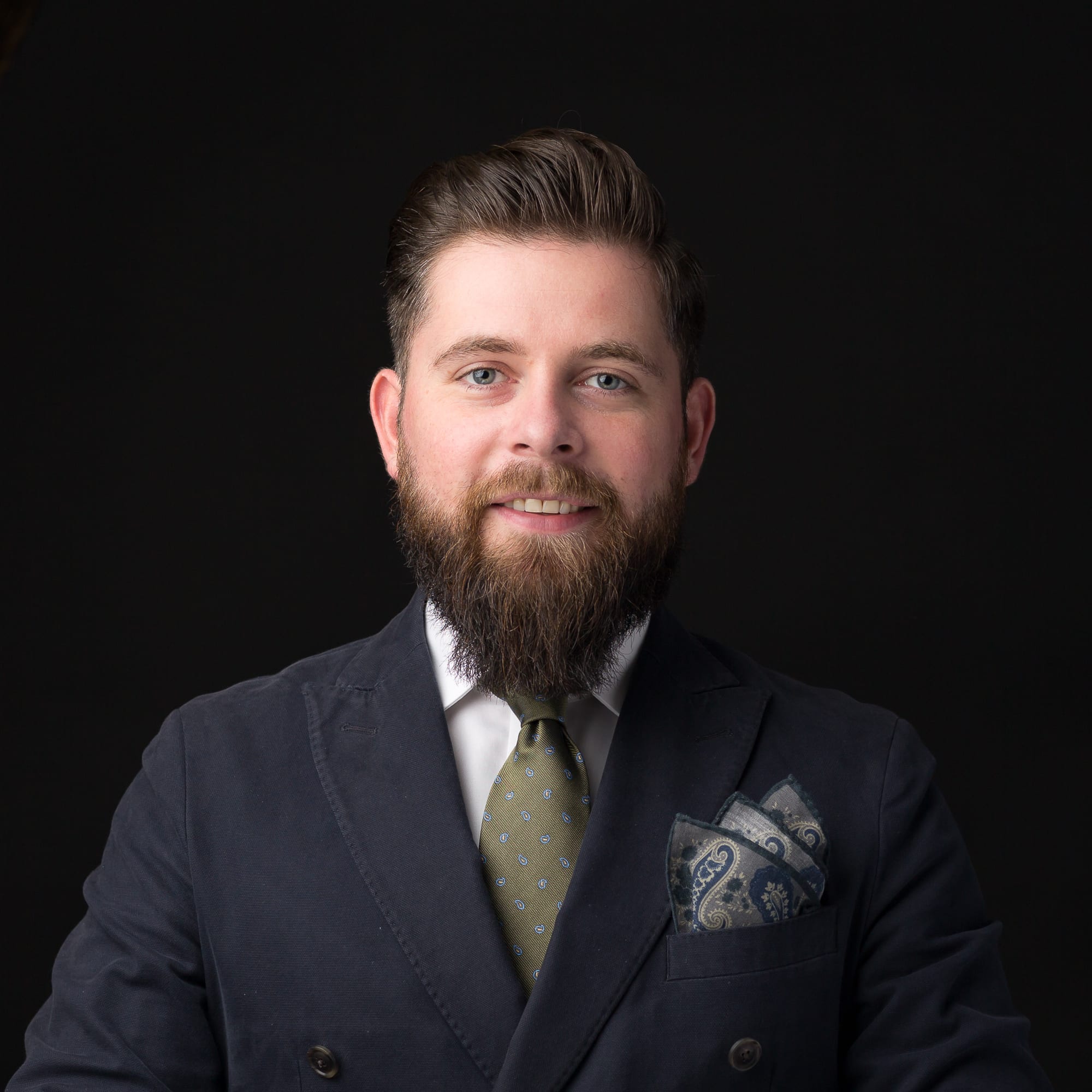
Oliver Baxter
Herman MillerOliver Baxter works with the Herman Miller Insight Group, which is responsible for the commissioning, overseeing and presenting of Insights into the latest thinking in workplace design and associated issues. The subjects covered include Happiness in the workplace, Generations at Work, Creativity in the Workplace, Agile Working and the Psychology of Collaboration. After completing his Masters in 2009 Oliver moved to Norway to begin a teaching career in applied Psychology before joining Herman Miller in January 2011. Since then he has become a valued member of the Insight team working closely with the international sales force, as well as public and private sector clients. He has been involved with a variety of international office projects and has been based in Dubai since 2015 to deliver Insights throughout APAC & MEA regions.
-
Rethinking Emotional Intelligence (EQ) in the Workplace:
- Edward Finch, Independent Workplace Commentator
- Guillermo Aranda-Mena, RMIT University, Melbourne
In our two-year study on the emotionally intelligent workspace we adopted a key premise: that emotional intelligence was not defined in terms of an individual’s emotional capability, but rather the space between themselves and others. How was emotional intelligence conveyed, transformed and received? Instead of the more familiar idea of intelligence as the ability to acquire knowledge, we considered the inanimate ‘intelligence’ that allows us to make sense of our surroundings.
The study examined the mediating role of the office environment as a leveraging tool capable of enhancing the emotional intelligence of individuals and groups. This approach resonates with the ‘social model’ of disability whereby people are disabled by barriers in society, not by their impairment or difference. Similarly, our unhealthy preoccupation with individual emotional shortcomings often cloud the inhibiting or enhancing effect of the physical work environment. Our study involved extensive analysis of work in neuroscience, psychology, linguistics and evolutionary anthropology. This was followed up by architectural design workshops in Italy, Spain and Australia. The eventual aim was to create a framework that could be used to capture emotional intelligence in workspaces.
-
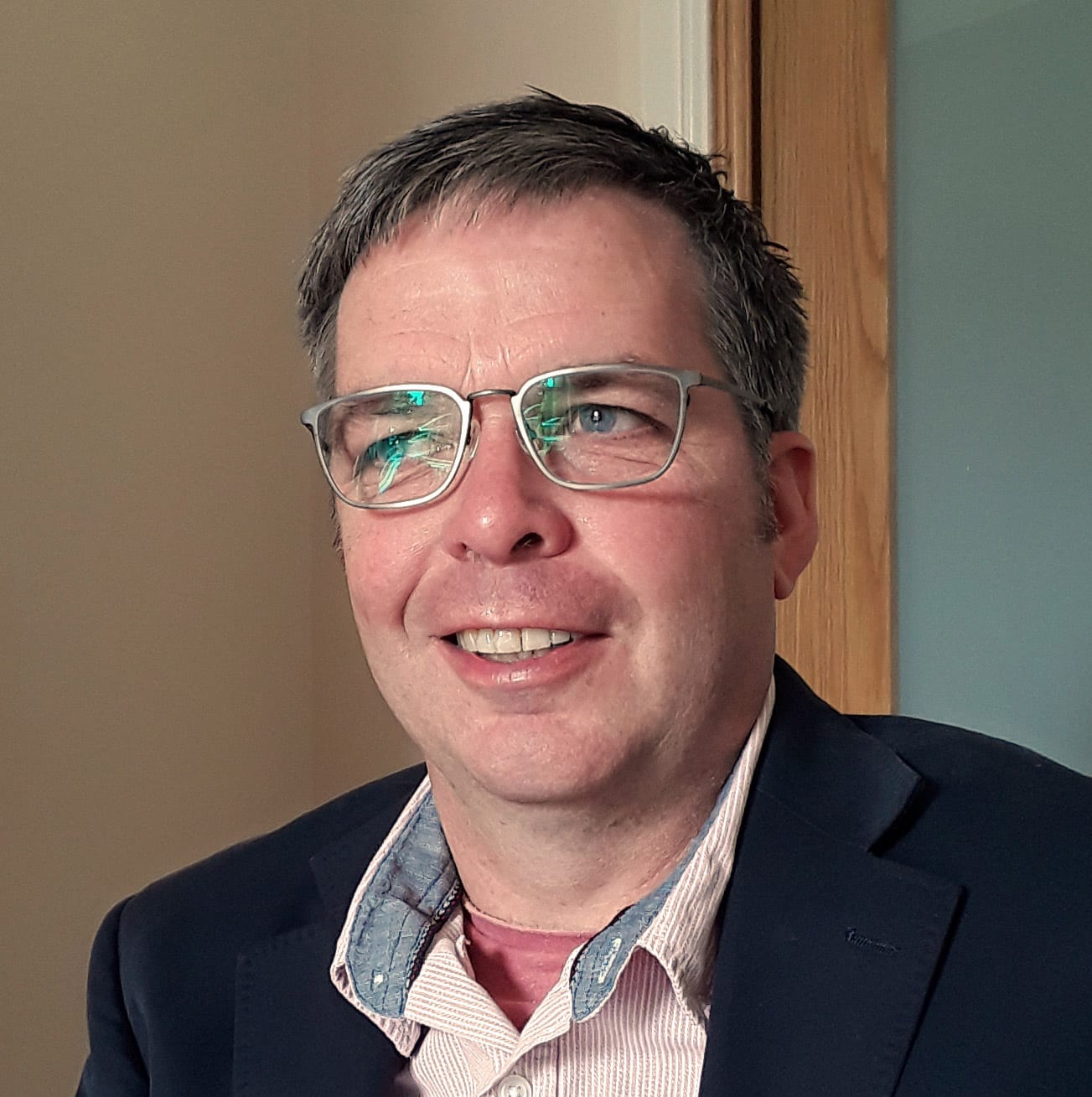
Edward Finch
Independent Workplace CommentatorEdward Finch is a freelance author and outspoken advocate of emotionally intelligent buildings. He obtained his PhD from the University of Reading (School of Construction Management) in 1989 and was Professor in Facilities Management at Salford University (2008-2011). He acted as editor-in-chief of the peer-reviewed journal Facilities for 15 years.
-
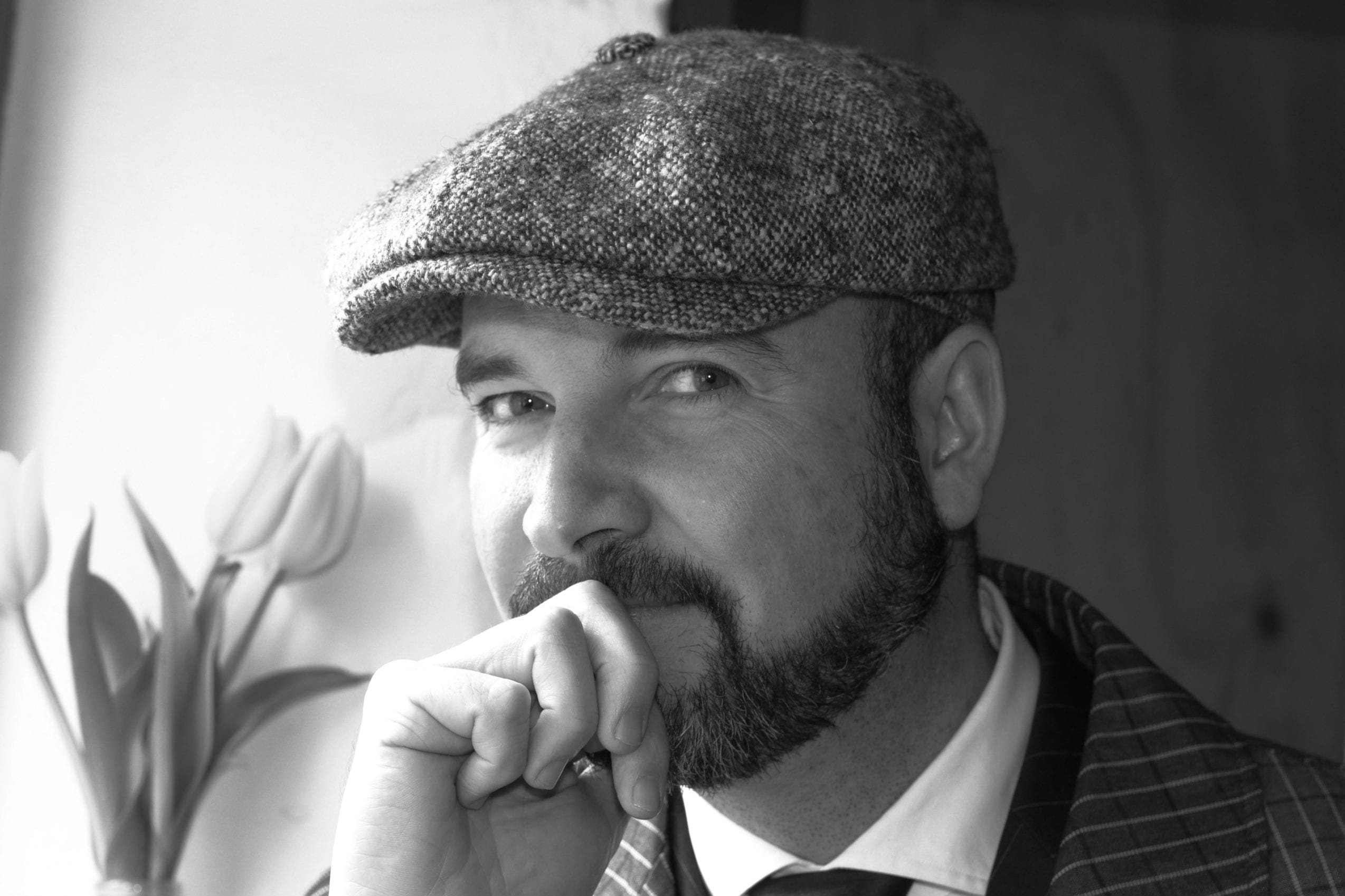
Guillermo Aranda-Mena
RMIT University, MelbourneGuillermo Aranda-Mena is Associate Professor at RMIT University, in Melbourne, Australia and Visiting Professor of Architecture at Politecnico di Milano, Master of Architecture and UNESCO Chair in Mantua. In 2003 he completed his PhD at The University of Reading, United Kingdom and has since collaborated with numerous universities and organistaions around the world.
-
Why indoor air quality matters – creating sustainable future working environments
- Johanna Trüstedt, Drees & Sommer Schweiz AG
Incorrect lighting and noise levels are well known to impair our work-productivity if not carefully designed. Indoor air quality is the next intangible material which must be addressed in the design process of interiors. As researches shows, air quality has great impact on the health and wellbeing of users.
This presentation demonstrates how indoor air quality matters and will give examples of reference projects.
-
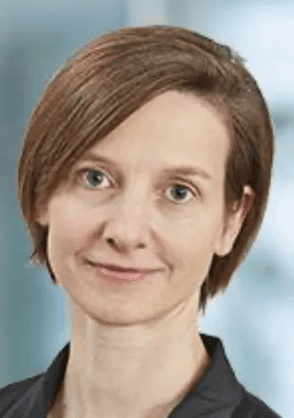
Johanna Trüstedt
Drees & Sommer Schweiz AGJohanna Trüstedt creates healthy and user-centric workplaces. Her successful approach is being mindful of different ways of thinking, resulting in the competence to understand clients’ needs and cultures. She has been living and creating workplaces in Germany, Japan, China, Spain and now in Switzerland. Her working methodology is characterized by user-centric design and co-creation with her clients. In doing so, she is able developing long-term space solutions that are also flexible and adapt to changes according to future needs. Wellbeing and health of the users are her ultimate target and passion.
-
Afternoon Chair's Welcome Back, Nigel Oseland, Workplace Unlimited
- Nigel Oseland, Workplace Unlimited
-
Nigel Oseland
Workplace UnlimitedNigel is an environmental psychologist, workplace strategist, change manager, researcher, author and international speaker. Nigel works with his clients to redefine their workstyles and create cost-effective and space-efficient workplaces that enhance concentration, collaboration, creativity and business performance. Where appropriate he helps design and implement sustainable agile working environments.
-
Understanding the new workplace landscape
- Peggie Rothe, Leesman
In April 2020, Leesman launched its Home Working Survey to answer the questions our industry is facing and support those going through these challenging times by shedding light on the experience of globally dispersed employees working from home. This data debrief will uncover the latest findings from over 100,000 respondents, showing how employees are coping, what the main pressure points are, and the resulting impact on our physical offices.
-
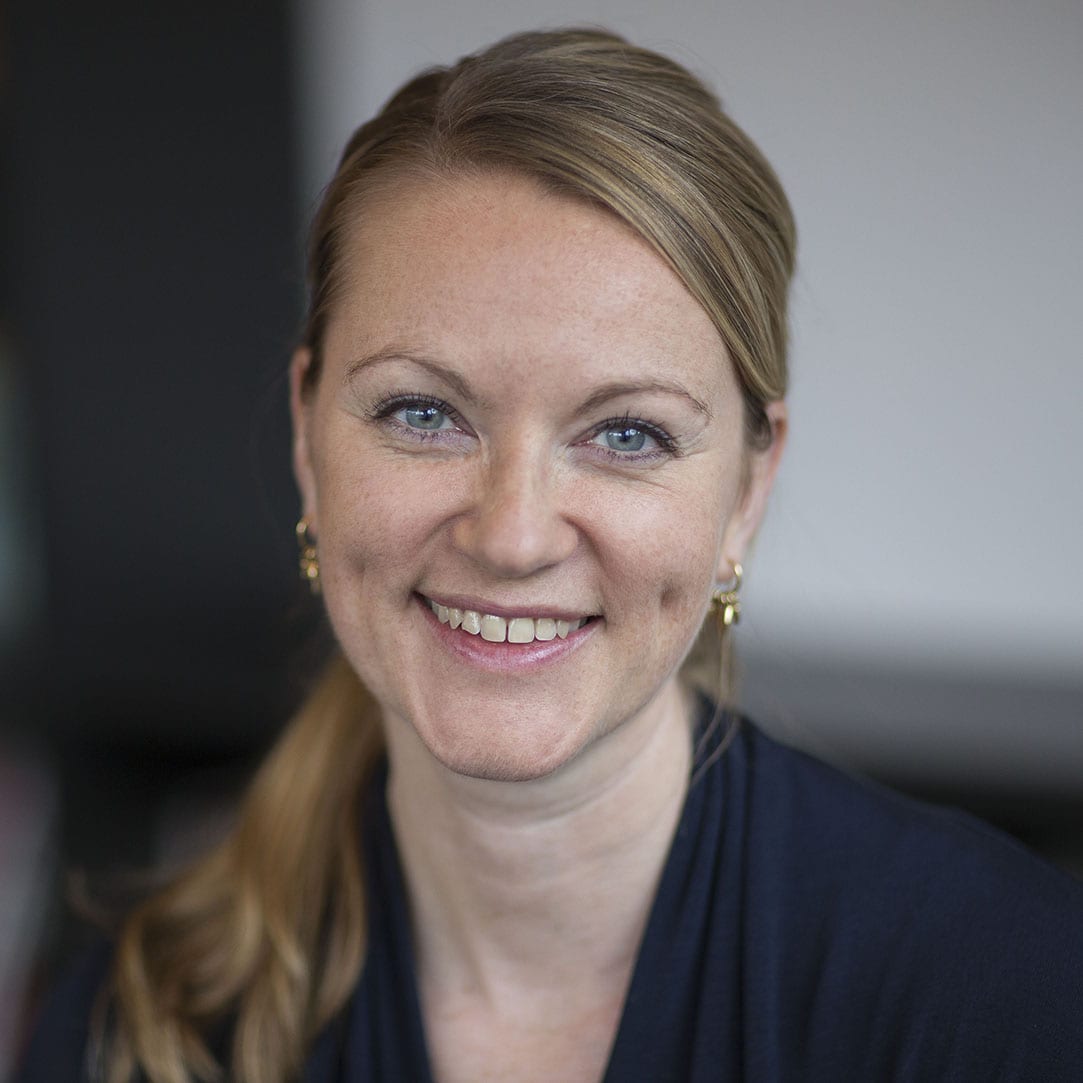
Peggie Rothe
LeesmanDr Peggie Rothe is Chief Insights & Research Officer at Leesman, where her role includes leading the research undertaken on the world’s largest independent workplace experience database and helping organisations understand the link between people and place. Before joining Leesman in 2014, she was as a researcher at Aalto University (Finland) with a focus on CRE and workplace management. She published her findings in several peer-reviewed academic journals and earned her doctorate in 2015. Prior to this, she worked as management consultant and real estate advisor.
-
Menopause: The last workplace wellbeing taboo
- Kate Usher, Second Phase
Menopause is the last workplace taboo. Half of the workforce will experience a Menopause, and because no woman lives in a vacuum, the other half will experience it indirectly.
The longevity, continuity, breadth and intensity of impact makes it the most significant wellbeing issue that organisations need to consider. Yet it remains the missing piece of most organisation’s strategy.
The CIPD (UK) is reporting that women aged 50 – 55 are the fastest growing demographic in the UK workforce. Menopause is set to be at the centre of the inclusive wellbeing agenda simply because of the breadth of impact on the workforce and the ever-increasing numbers of women within it.
Kate has kindly arranged a discount code on her book, available from LID Publishing at https://lidpublishing.com/book/your-second-phase/ Just use YOURSECONDPHASE10 for 10% at checkout.
-
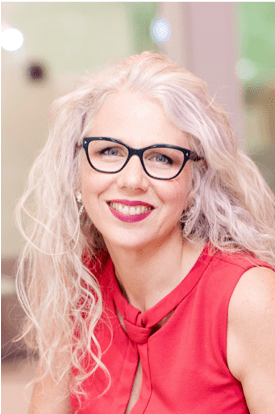
Kate Usher
Second PhaseKate Usher is a Menopause and Relationships Coach. She works with women and those they interact with, to enable them to create a positive narrative and an empathetic environment. She helps equip them to have open and informed conversations at home and in the workplace, to manage their symptoms and to look forward beyond this period into the second phase of their womanhood. Her book ‘Your Second Phase’ is due for publication in March 2020. Prior to this Kate was a highly accomplished change leader with over 20 years’ experience of leading organisational transformation projects and coaching personal change. She was a Global Change Manager for FTSE 100 companies, managing major corporate transformation projects across multiple disciplines and continents.
-
The New Inclusivity: Neurodiversity & Workplace Inclusion
- Kay Sargent, HOK
- Julie Lecoq , HOK
We are living in a time of increased numbers and awareness about individuals with neuro-sensitives and special needs, such as ADHD. In fact, 1 in 8 people are considered neurodiverse, but fewer than 50% know it. But these individuals can be high energy, out of the box thinkers, excel in a crisis, and be bold problem solvers.
Not only is designing to be inclusive the right thing to do, there is a compelling business case for it as well. This session will investigate the various aspects of neurodiversity and explore how to create spaces that are more physically and culturally inclusive for people with a wide spectrum of neurological conditions to allow them to thrive.
-
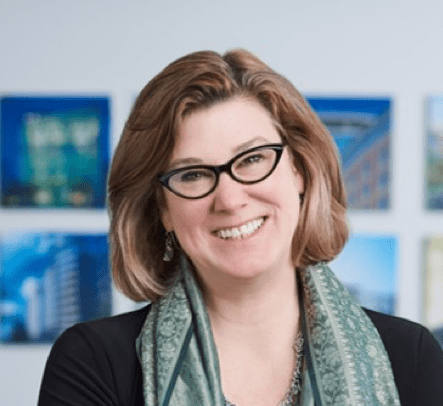
Kay Sargent
HOKKay Sargent: With more than 34 years of experience, Kay is a recognized expert on workplace design and strategy issues. She is an award-winning designer who has worked with several Fortune 500 companies to optimize their global real estate portfolios and create innovative work environments. As director of HOK’s WorkPlace team, a practice that supports organizations undertaking multiple projects in various locations, Kay is responsible for helping clients redefine how, when and where their people work, working in tandem to support a holistic design approach that integrates an organization’s people, processes and technology.
-
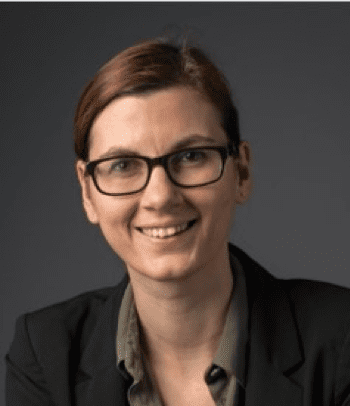
Julie Lecoq
HOKJulie LeCoq: Bringing over five years’ experience, Julie has influenced the design of working and learning environments, as well as helping organisations to unlock their true potential. Julie has an incredible passion for the impact of the environment on behaviours and is an advocate for diversity and inclusion. She has successfully influenced and managed change across a variety of sectors in the UK and overseas, from Higher Education institutions to large, global blue-chip firms, especially in the Financial and Pharmaceutical sector.
-
Communicative Spaces: A New Way to Measure Workplace Effectiveness in Co-Working Spaces
- Rositsa Pachilova, brainybirdz
This talk will be based on a research study that has led to the development of a new metric, the Spaces for Communication Index (SCi), that measures space effectiveness in the form of maximising communication opportunities. SCi can be applied to both hospital wards and co-working spaces where work patterns are more dynamic and those who work there require a high degree of sociability and community to perform at their best and maximise outcome variables such as care quality and innovation.
The presentation introduces an objective method that can be used during the design stages of workplaces where communication is of high importance. The index can help architects and planners to define the location of functional spaces to design a layout that is effective and supports better performance.
-
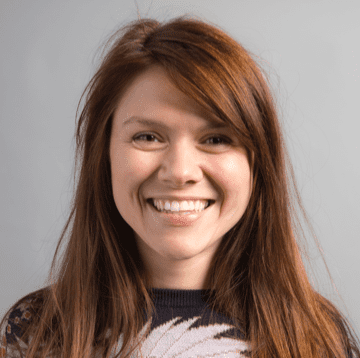
Rositsa Pachilova
brainybirdzRositsa Pachilova is an architect by training and recently finished her PhD at UCL where she investigated how hospital ward layouts influenced work processes and communication patterns of healthcare providers and how this affected the quality of care provided to patients. Before commencing with her doctorate, she completed an MSc in Space Syntax: Architecture and Cities at UCL and worked as a workplace consultant in London. Rositsa joined brainybirdz in 2019 to help them apply scientific thinking to workplace design.
-
The AI-powered team-centric workplace
- Bruce Davison, GoSpace AI
The Workplace Manager has to contend with a rapidly changing world and an ever-transforming organisation. They are battling with insufficient data and the need for manually-created solutions, yet are expected to perform miracles.
Smart technologies – those that can gather and analyse data and generate solutions – will be an essential part of the WM’s toolkit. Artificial Intelligence promises much but has yet to show how it can help – until now.
This talk, including a live demonstration of a problem being solved, will show the results of seven years of R&D and how an AI application can dynamically allocate space over the life of the property portfolio through the creation of a team-centric workplace, ensuring the right people are always working together in the right amount of space.
-
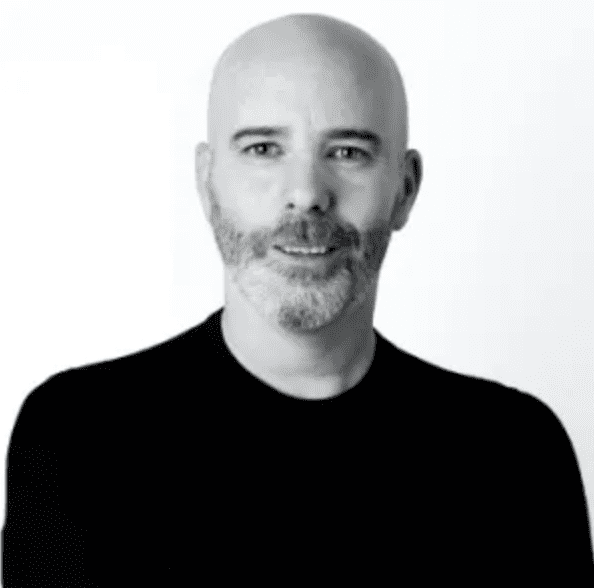
Bruce Davison
GoSpace AIBruce Davidson is responsible for the original technical vision behind the revolutionary allocation engine used by the GoSpace AI platform and co-authored the technology’s US Patent, which was granted approval in early 2019. Bruce has taught and lectured extensively on the potential of computation, automation and artificial intelligence in architecture, engineering and construction. He was an associate professor at NYC’s Columbia University Graduate School of Architecture and Planning and Preservation and has taught at University College London and Syracuse University in New York
-
Contact Centres: A revolution waiting to happen
- Jo Upward, Platform Group Ltd
The world of customer service is rapidly changing – technological, social and economic drivers are converging to challenge the traditional model of running contact centres. Jo Upward will explore some of those disrupters and proffer some suggestions on how organisations can respond to get ahead of the game.
This presentation considers the many technological changes that have had an impact on contact centres over the past few years. From the growth of multi-channel customer access to big data and analytics. It looks at how artificial intelligence and the internet of things will fundamentally shift the nature of service calls and how technological changes will also drive the wellbeing experience of contact staff.
Jo will explore how social changes will drive changes in contact centre design and operation and at how social networking brings an ever-increasing expectation of personalisation and real-time responses. The discussion will look at the influences of economic and commercial factors and at how customer service is no longer an operation issue but rather a part of the marketing mix.
Finally, Jo will look at the design revolution that needs to take place in contact centres and at what these new environments might look like.
-
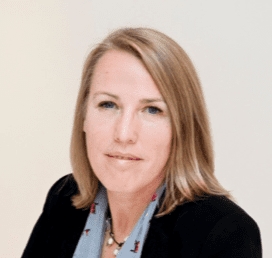
Jo Upward
Platform Group LtdJo Upward is Managing Director at Platform, an experiential design company. Platform work with customers to get to the heart of their customers through engaging digital, environmental and strategic communications and experiences. Leading the way in innovation since 1992, their clients include some of the best known brands globally including Vodafone, Accenture, Rolls Royce, BT, Tag Heuer and Sky. Jo joined Platform in August 2012 from BT bringing with her a wealth of expertise, knowledge and a desire to drive excellence for the customer. Her experience ranges from multinational corporates such as BT and Orange to working with public bodies including Ofcom and the European Union.
-
Chair's Wrap Up and Conclusions
- Nigel Oseland, Workplace Unlimited
-
Nigel Oseland
Workplace UnlimitedNigel is an environmental psychologist, workplace strategist, change manager, researcher, author and international speaker. Nigel works with his clients to redefine their workstyles and create cost-effective and space-efficient workplaces that enhance concentration, collaboration, creativity and business performance. Where appropriate he helps design and implement sustainable agile working environments.

